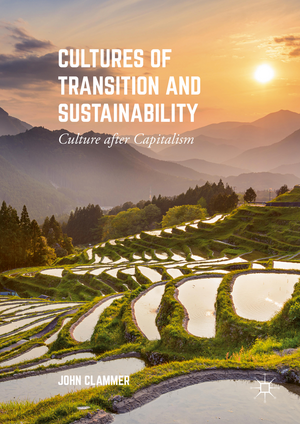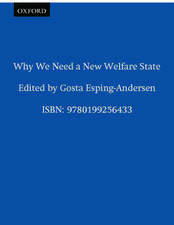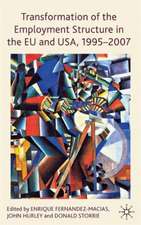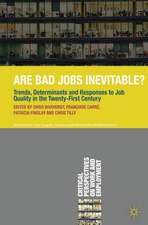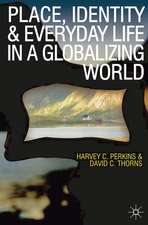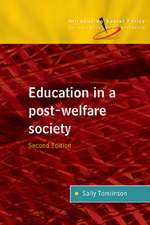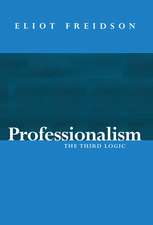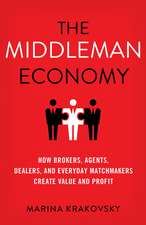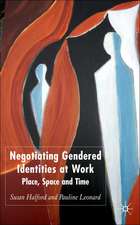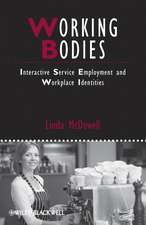Cultures of Transition and Sustainability: Culture after Capitalism
Autor John Clammeren Limba Engleză Hardback – 11 iun 2016
Preț: 570.21 lei
Preț vechi: 670.83 lei
-15% Nou
Puncte Express: 855
Preț estimativ în valută:
109.16€ • 113.63$ • 89.87£
109.16€ • 113.63$ • 89.87£
Carte tipărită la comandă
Livrare economică 31 ianuarie-14 februarie 25
Preluare comenzi: 021 569.72.76
Specificații
ISBN-13: 9781137532220
ISBN-10: 113753222X
Pagini: 274
Ilustrații: IX, 194 p.
Dimensiuni: 148 x 210 x 18 mm
Greutate: 0.36 kg
Ediția:1st ed. 2016
Editura: Palgrave Macmillan US
Colecția Palgrave Macmillan
Locul publicării:New York, United States
ISBN-10: 113753222X
Pagini: 274
Ilustrații: IX, 194 p.
Dimensiuni: 148 x 210 x 18 mm
Greutate: 0.36 kg
Ediția:1st ed. 2016
Editura: Palgrave Macmillan US
Colecția Palgrave Macmillan
Locul publicării:New York, United States
Cuprins
1. Global Shifts/Cultural Shifts.- 2. The Socio-Economics of Transition.- 3. Pathways to Transition.- 4. Renewing Culture.- 5. Renewing Community.- 6. Towards an Eco-Just Society.- 7. Ethics of the New Society.- 8. Theorizing Post-Capitalist Culture.
Notă biografică
John Clammer teaches development sociology at the United Nations University in Tokyo and courses on art and society, the sociology of the international system, and urban issues at other universities in Japan. He has taught and researched at universities in the UK, Australia, Germany, Korea and India and has published widely on the interface of culture and development.
Textul de pe ultima copertă
Contending that culture lies at the root of our current planetary and civilizational crisis, this book uniquely explores the nature of the specifically cultural dimensions of that crisis and how culture relates to the areas of politics, policy, economics, ecology and the whole discourse of sustainability. It debates how profoundly our world is shaped by capitalist culture, emphasizing the import of political culture and policy, social justice, leadership and community in the shaping of a new cultural sustainability. It also reintroduces questions of religion, art, citizenship and comparative culture into the sustainability debate and suggests ways in which the central issue of consumer culture can be rethought and others in which socially satisfactory transitions to a sustainable future might be achieved. Addressing the specific role of culture in our crisis and of how to build cultural resources for transition, this cutting edge text provides the reader with an introduction to the literature on culture and sustainability, and both practical and theoretical tools for creating and advancing a humane and ecologically responsible future.
